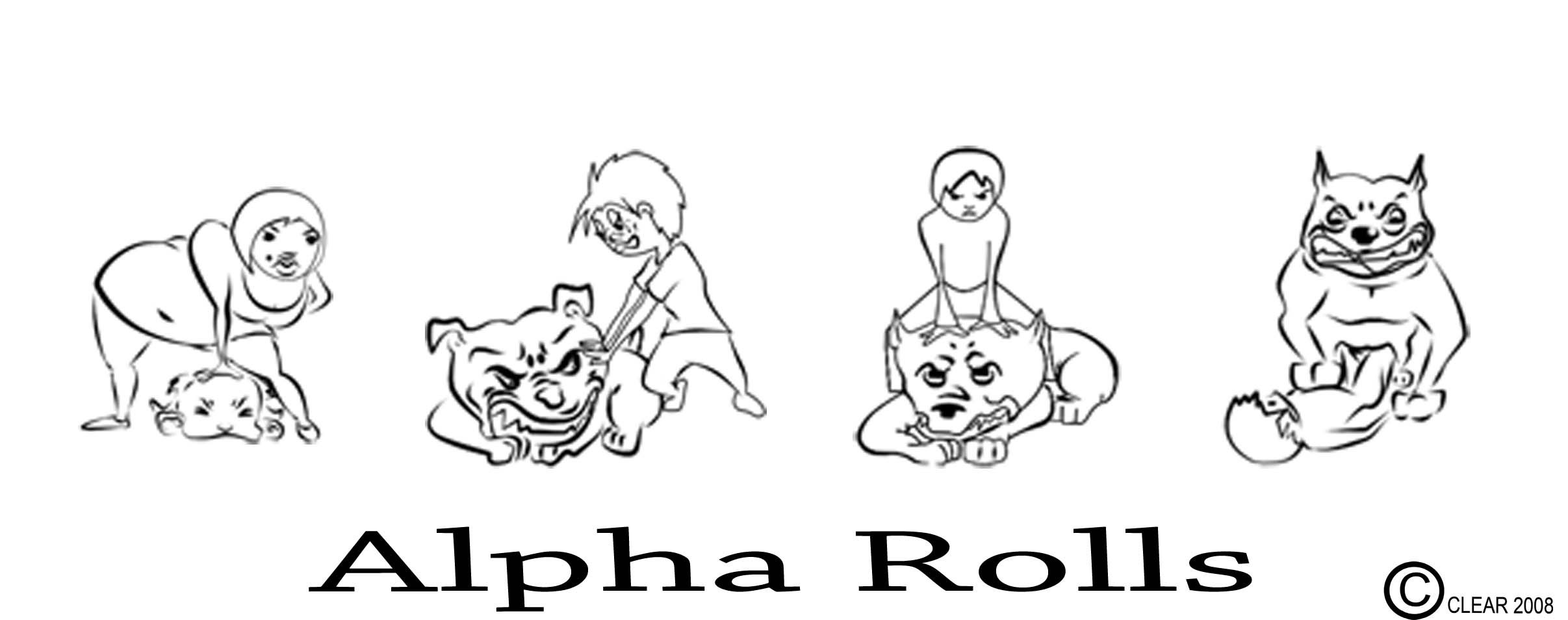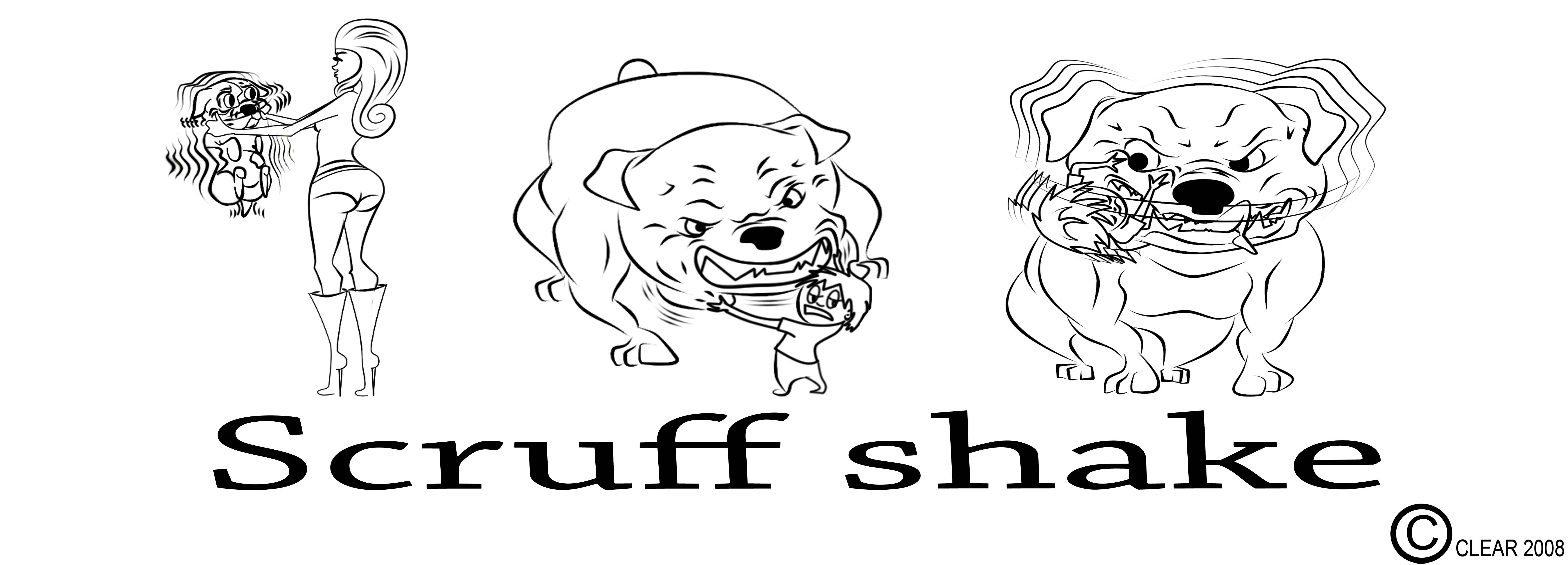At Home
Learning takes place from the moment that a puppy or a dog rescued from a shelter enters a house. It continues for the rest of his or her life so at home is obviously where most real training for every-day life will, and indeed should, take place.
If the well-meaning owners don't train the dog properly - which is the case if they don't have a plan and know HOW to do so - the dog will self-train 24 hours a day. If there is no management, no relationship and no education, little puppies - through no fault of their own - can soon change from adorable pets to boisterous and even feral teenage pests.
At a Puppy school
There are advantages and disadvantages of Puppy School! Going to a good one, like the unique ones run at C.L.E.A.R Dog Training from 2001 - 2012:)  is one of the very BEST things that can possibly happen to any puppy.
is one of the very BEST things that can possibly happen to any puppy.
Even at a good puppy school, however, four or five weeks for one hour a week is by itself a totally inadequate education. To raise a calm dog who can cope with stress on-going daily socialisation to everyday sights, sounds and smells is essential from a very early age. This process should always involve positive experiences for the puppy and getting him or her to have a trusting and optismistic view of everything in life. This is MUCH more important than teaching 'sit' and 'come' etc. Junior obedience is, of course, important but can easily be done later.
Attending a bad puppy school is one of the very WORST things that can happen to any puppy. Negative experiences received at a poorly run one (inexperienced instructors, too many puppies of too wide an age range, inappropriate equipment or training techniques, etc.,) have traumatised many a puppy and led to numerous behaviour problems later in life. It is better not to go to such a puppy school at all!




